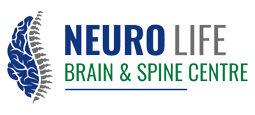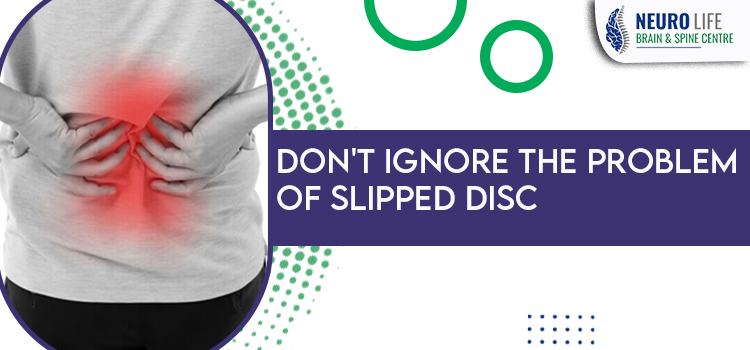Your spine and backbone are stacked over, and the cushion covers the same in a flat, round, and compressible manner. The spinal disc helps in giving flexibility along with bending and twisting. But, with time, its chances of having a bulge or rupture are higher, and it has a nerve root that begins to push against it.
The slipped disc problem occurs when the area begins to protrude and nerves have excess pressure. It would help if you got the Prolapsed Disc treatment in Ludhiana on time to ensure your condition is manageable in the right way possible. Herniated or prolapsed disc are other names for the same.
The slipped disc condition requires immediate attention as it affects the nerves and nerve roots. The chances of nerve impingement are higher, so visit one of the best Neuro Hospital in Ludhiana and get your condition managed effectively.
Causes of Slipped disc disorder
Although, the exact reason is not known. But one of the significant causes is age, wear & tear, or health issues. Sometimes, a traumatic event like a fall results in a blow to the back. The problem even puts pressure on the back muscle and thigh, especially when lifting something heavy.
If you have pain affecting your daily life, you need to consult one of the best spine doctors in Ludhiana to manage the condition effectively.
Diagnosis and test to rule out slipped disc
Through physical examination and medical history, the doctor diagnoses the slipped disc condition. During diagnosis, the doctor will ask you to lie down and move your legs in different directions to check the following:
- Reason of pain
- Reflexes
- Muscle strength
- Ability to sense touch
- Walking ability
- Vibrations or pinpricks
Additional tests performed to check nerve involvement and severity of the condition are:
- Imaging test
It includes an X-ray, CT scan, MRI, and Myelogram to check the herniated disc and better check where exactly the problem is.
- Nerve tests
Nerve conduction and electromyography study check the electric impulses that pass through the nerve tissue and helps to determine the precise location of nerve damage.
Which are the treatment options for slipped discs?
The initial treatment plan includes not doing any sort of painful postures and practicing an exercise regime that helps you stay all comfortable. Doing these simple yet effective things are the ideal way to manage your entire condition. In case these things don’t work out, then further the doctor tells you the necessary treatment plan to get:
- Medication
- Physical therapy
- Surgery
With your doctor, you are informed about the most appropriate treatment plan that helps your condition get balanced.
Are there any issues with slipped discs?
Our spinal cord includes different nerves. The chances are rare that disc herniation can trigger cauda equine compressions. The condition demands prompt medical assistance as it has an increased risk of weakness or paralysis. Patients with the given condition need to watch out for the signs that begin to get worse, like:
- Bowel or bladder dysfunction
- Weakness or numbness while doing any kind of daily activity
- Loss of sensation in inner thighs
- Sensation loss in the leg back and rectum



